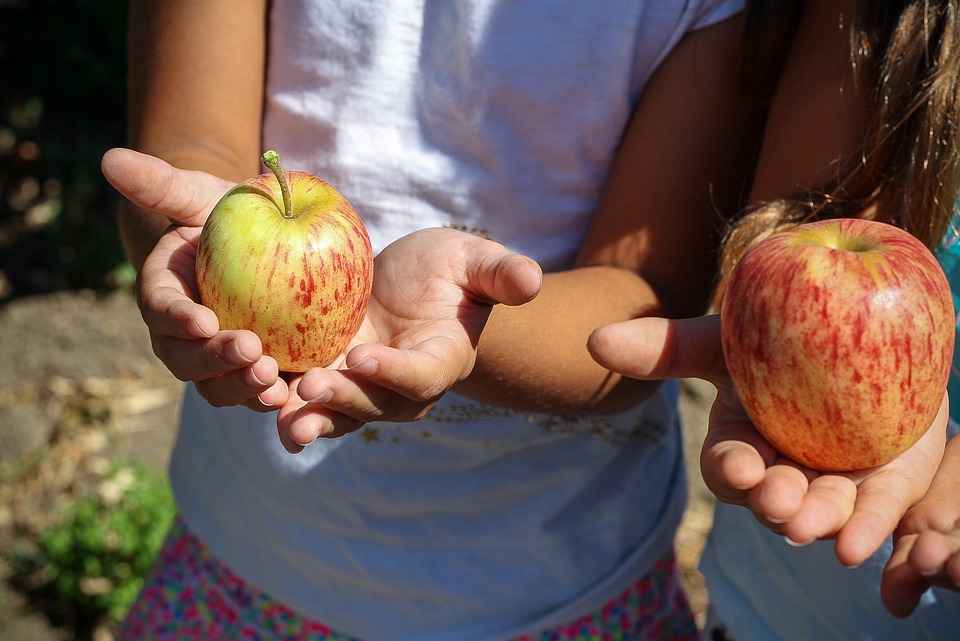Eco-Friendly Harvest: Exploring the Benefits of Sustainable Farming
As the sun gently kissed my face, and the scent of fresh, earthy soil filled the air, I couldn’t help but feel a profound sense of contentment. Nestled in the midst of verdant landscapes, my sustainable farm was more than just a patch of land – it was my sanctuary. Welcome, fellow nature lovers, as we embark on an exciting journey exploring the bounty of sustainable farming and gardening.
Picture this – rows upon rows of vibrant green vegetables, fruits bursting with flavors untamed by chemicals, and a serene environment that sings with the harmony of nature. That’s what sustainable farming offers – a way of life that nourishes not only our bodies but also the very planet we call home.
Sustainable farming is a powerful concept that revolves around cultivating crops and raising animals in an environmentally responsible and ethical manner. It takes into consideration the long-term effects on ecosystems, biodiversity, and the planet’s overall health. As sustainable farmers, we strive to minimize our environmental impact by using renewable resources, reducing waste, and employing organic methods to maintain soil fertility.
One of the greatest benefits of sustainable farming lies in the incredible flavors and nutrition it produces. By avoiding harmful pesticides, herbicides, and other synthetic chemicals, we allow our crops to grow in their purest form. The result? A feast for the senses. Fruits and vegetables taste richer, sweeter, and more vibrant when grown sustainably. When you take your first bite into a juicy tomato or a succulent strawberry from a sustainable farm, you’ll understand what I’m talking about.
But it’s not just about the taste – sustainable farming also fosters food security and independence. With much of our global food system reliant on long-distance transportation, fuel consumption, and carbon emissions, there is a clear vulnerability to disruptions. By growing our own food in a sustainable manner, we reduce our reliance on external sources and promote local self-sufficiency. Plus, knowing exactly where our food comes from gives us peace of mind and the ability to truly connect with our sustenance.
Sustainable farming isn’t just about growing fruits and vegetables; it encompasses animal husbandry as well. By practicing ethical farming methods, such as free-range grazing and the humane treatment of animals, sustainable farmers ensure the well-being of their livestock. This leads to healthier meat and dairy products, free from the harmful effects of factory farming. You can taste the difference in a pasture-raised chicken or enjoy guilt-free milk from a contented cow. The welfare of farm animals is something we hold dear on sustainable farms, as we believe that all creatures deserve respect and kindness.
Now, let’s dive into the environmental advantages of sustainable farming. One of the key practices employed by sustainable farmers is soil conservation and regeneration. Through the use of cover crops, crop rotation, and composting, we fortify the soil with essential nutrients, maintain its structure, and increase its water-holding capacity. Healthy soil acts as a carbon sink, locking away carbon dioxide and mitigating climate change. Not to mention, it also helps prevent erosion and promote water infiltration, reducing the risk of flooding and preserving biodiversity in nearby ecosystems.
Speaking of biodiversity, sustainable farms are havens for a plethora of plants, animals, and beneficial insects. By avoiding chemical pesticides and herbicides, we create a haven for native pollinators like bees and butterflies. These buzzing creatures dance from one flower to another, ensuring the natural process of pollination and enabling our crops to thrive. Additionally, by providing habitats for birds, small mammals, and even reptiles, sustainable farms become mini-ecosystems that support the interconnectedness of life.
Pro Tips:
– Consider starting with a small garden at home. Even a few potted plants can make a difference in reducing your reliance on store-bought produce.
– Explore local farmers’ markets and organic food co-ops. Supporting sustainable farmers not only benefits you but also encourages the growth of this vital community.
– Connect with fellow gardening enthusiasts through online forums or local community groups. Sharing experiences and knowledge contributes to the collective wisdom of sustainable farming.
– Embrace diversity in your crops. By planting a variety of vegetables and fruits, you create a resilient ecosystem that is more resistant to pests and diseases.
In summary, sustainable farming is a way of life that presents a myriad of benefits for both us and the planet. From sumptuous flavors and enhanced nutrition to food security, environmental preservation, and ethical treatment of animals, sustainable farming encompasses it all. So, grab your gardening gloves and join the ever-growing community of sustainable farmers – together, we can pave the way towards a healthier, greener future.



